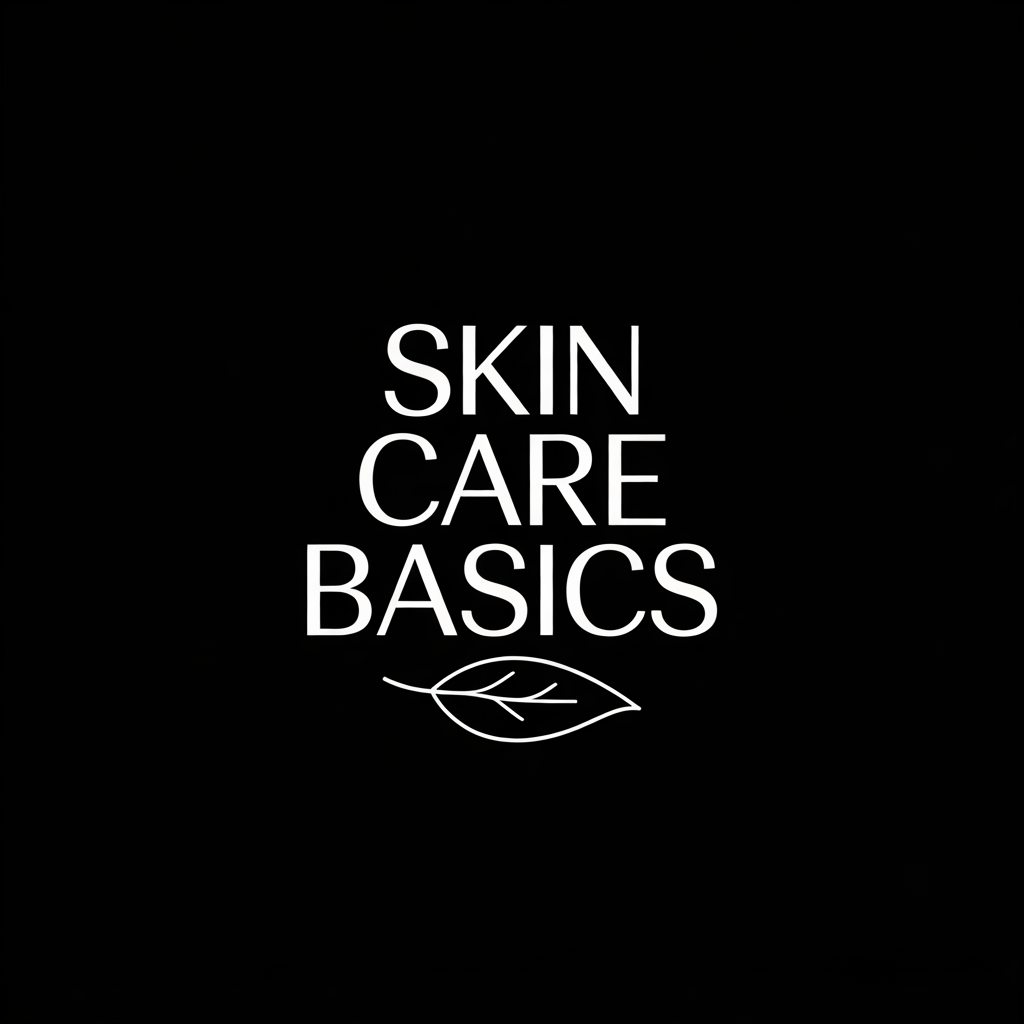5 Surprising Causes of Adult Acne You’ve Never Heard About
You might think adult acne is simply a rite of passage, but it’s often rooted in unexpected factors. Hormonal fluctuations, dietary choices, and even stress can all play a significant role in your skin’s condition. It’s not just what you put on your face, but also what you eat and how you feel that can trigger breakouts. Understanding these hidden influences could be the key to clearer skin. What else might be affecting your complexion?
Key Takeaways
- Hormonal fluctuations, especially during menstruation or stress, can significantly increase sebum production and trigger adult acne.
- High glycemic index foods elevate insulin, leading to increased oil production and potential breakouts.
- Chronic stress raises cortisol levels, which can exacerbate oiliness and contribute to acne formation.
- Certain skincare products, even those marketed as safe, can contain comedogenic ingredients that clog pores and worsen acne.
- Environmental pollutants, including particulate matter, can irritate skin and disrupt its barrier, leading to increased acne susceptibility.
Hormonal Fluctuations
How do hormonal fluctuations contribute to adult acne?
These fluctuations can lead to increased sebum production, resulting in clogged pores, which are significant adult acne triggers.
Hormones like androgens rise during menstrual cycles, pregnancy, or stress, exacerbating acne symptoms.
Furthermore, hormonal imbalances may influence skin cell turnover, allowing dead skin cells to accumulate and block follicles.
This process creates an environment conducive to bacterial growth, worsening inflammation.
Additionally, understanding hormonal triggers is crucial for managing adult acne effectively.
Diet and Nutrition
Diet and nutrition play a significant role in the development and management of adult acne.
Research indicates that high glycemic index foods, like white bread and sugary snacks, can exacerbate acne by spiking insulin levels, leading to increased sebum production. Dairy products may also contribute to acne, potentially due to hormones present in milk.
On the other hand, incorporating antioxidants, omega-3 fatty acids, and a diet rich in fruits and vegetables can support skin health. Staying hydrated and minimizing processed foods can improve overall skin condition. Additionally, the connection between diet and skin health suggests that a balanced diet may be crucial for achieving clearer skin.
Monitoring your diet can thus be essential in managing adult acne effectively.
Stress and Mental Health
While diet and nutrition significantly impact skin health, stress and mental health also play a pivotal role in the development of adult acne.
Elevated stress levels can trigger hormonal fluctuations and inflammation, both of which contribute to breakouts. Managing your mental well-being can help mitigate these effects. Consider the following:
- Increased cortisol production can lead to oilier skin.
- Stress-related behaviors, like touching your face, can introduce bacteria.
- Anxiety and depression may result in poor skincare routines.
- Additionally, stress and skin health are interconnected, meaning that prioritizing relaxation techniques can improve your skin condition.
Skincare Products and Ingredients
Choosing the right skincare products and ingredients is crucial for managing adult acne effectively. You should look for non-comedogenic products that won’t clog your pores. Ingredients like salicylic acid and benzoyl peroxide can help reduce breakouts, while hyaluronic acid and glycerin maintain skin hydration. Here’s a quick reference table:
| Ingredient | Benefit |
|---|---|
| Salicylic Acid | Exfoliates and unclogs pores |
| Benzoyl Peroxide | Kills acne-causing bacteria |
| Niacinamide | Reduces inflammation |
| Hyaluronic Acid | Hydrates skin |
| Tea Tree Oil | Natural antibacterial |
Additionally, understanding effective skincare ingredients can further enhance your acne treatment strategy.
Environmental Factors and Pollution
Environmental factors and pollution play a significant role in the development and exacerbation of adult acne.
Exposure to pollutants can disrupt your skin’s barrier, leading to inflammation and clogged pores.
Here are a few crucial environmental factors to consider:
- Airborne Pollutants: Particulate matter and toxins in the air can accumulate on your skin, causing irritation.
- Humidity Levels: High humidity can increase oil production, making your skin more prone to breakouts.
- UV Radiation: Prolonged sun exposure can damage your skin, exacerbating acne and leading to post-inflammatory hyperpigmentation.
Additionally, adjusting your skincare routine according to seasonal changes can significantly improve your skin’s resilience against these environmental stressors.
Being aware of these factors can help you manage your skin more effectively.

